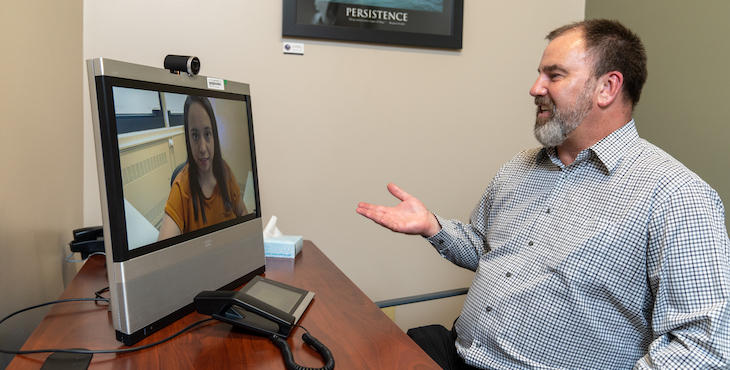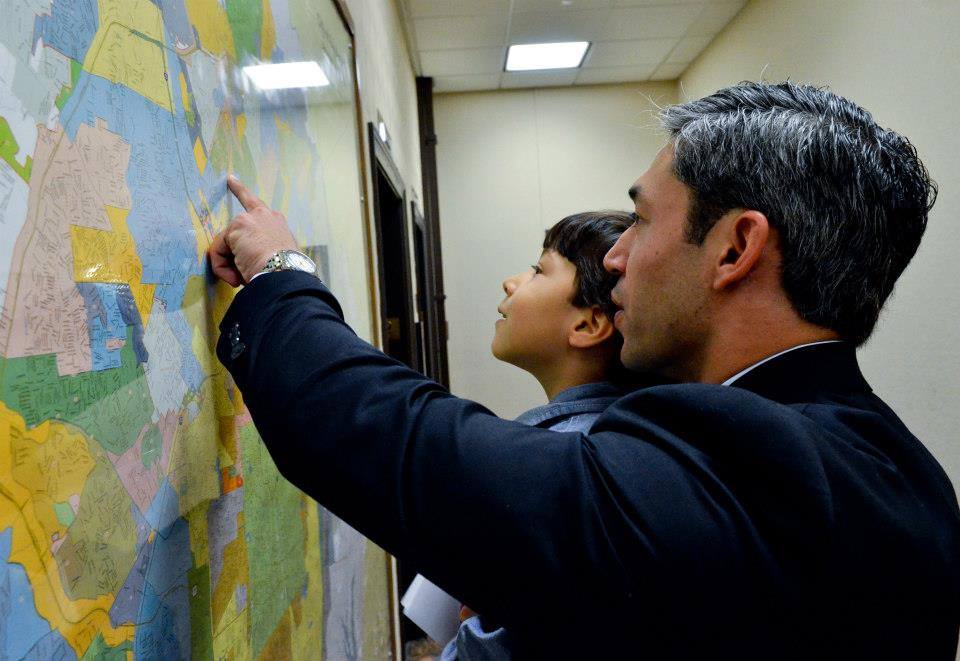COVID-19 and the restrictions now in place worldwide is not only affecting our physical health, but our mental health as well. Anxiety is at an all time high. Anxiety disorders already rank as one of the highest mental health problems globally anyway. The loss of certain support systems, the fear of the unknown and the worry of loss of control are increasing the effects of other mental health issues such as (C)PTSD, agoraphobia, panic disorder, OCD and depression. Being able to appropriately access mental health help in these times is critical. Enter telemental health.
Research supports the use of teletherapy within multiple studies which show how online counseling can be just as effective as “in-person” counseling. Studies show depressed clients tend to stay in counseling longer online than in-person and a higher percentage of online clients say then would seek counseling again. Studies with veterans diagnosed with PTSD indicated improvement in their symptoms with online therapy vs in-person in a s few as 10-12 session. At this time, the CDC is encouraging the liberal use of telehealth tools in response to COVID-19.
Modern Teletherapy/telemental health/online counseling, e-therapy, the act of participating in therapy/counseling via phone, text, video, has actually been around since 1997, with the US military using it the longest and the most. But even before the COVID19 global crisis, there has been a radical push toward making this part of the norm. Teletherapy has been a helpful option when there are issues with transportation/commuting, weather related barriers, childcare, scheduling conflicts, disabilities, remote living and/or health related issues. Now with the new quarantine protocols in place, there seems to be a brighter spotlight on teletherapy and it may be time to rethink how we access mental health services. 
Things you should considering when assessing if teletherapy is right for you:
-Make sure the provider/group is using a HIPAA compliant platform (Skype, Facetime, Google Hangouts) are NOT compliant.
-Make sure the provider is licensed in the state you live or where you are physically at the time of session.
-You will need to have access to a smartphone or a computer with a camera
-Make sure you have access to a safe confidential space
-Are you a good candidate? If you are having thoughts or harming yourself or someone else, or have severe mental health issues or severe addictions, this is not going to be the best mode of treatment for you.
This post is sponsored by Teresa Coral-Clark, LCSW CCTP and Owner of Toolbox Therapy. She’s a medical licensed clinical social worker who uses a brain-based approach to looking at how our past has impacted our bodies, our brains, guided our minds and influenced our relationships with ourselves and others.
Her approach looks at bridging the science of the brain and body with the mental health of the conscious and unconscious mind. Her goal is to provide education and present tools and techniques that are used to change or re-train the brain to facilitate and support healing your body, mind and improving your quality of life. For more information, www.toolbox-therapycom and follow on Facebook.








